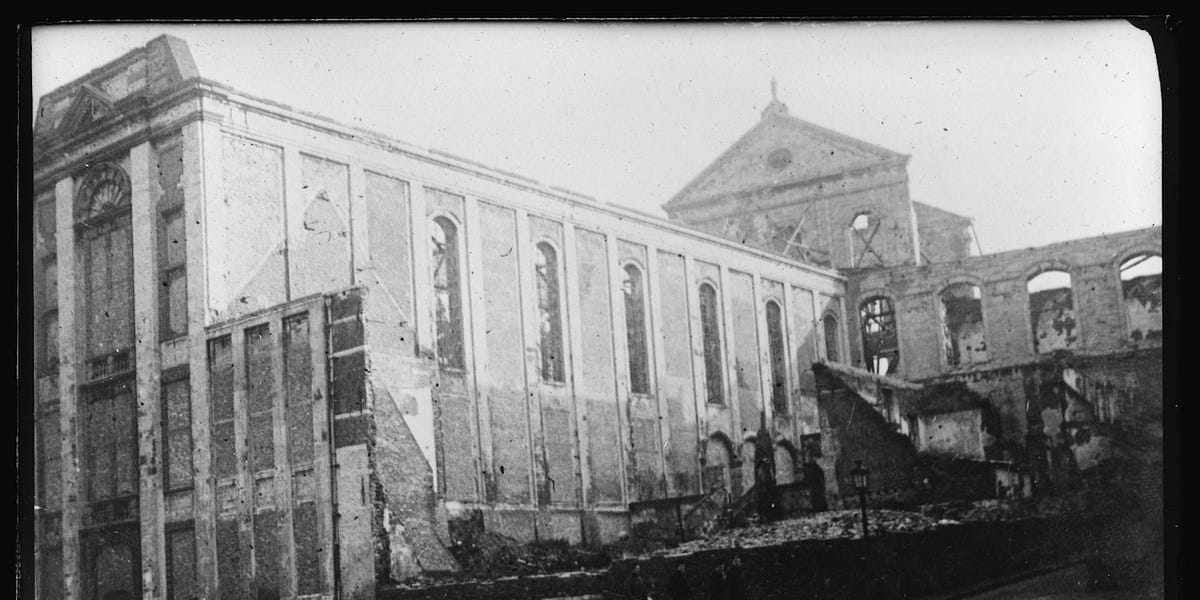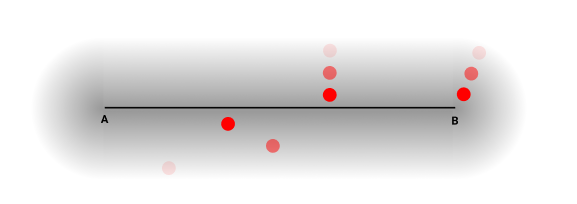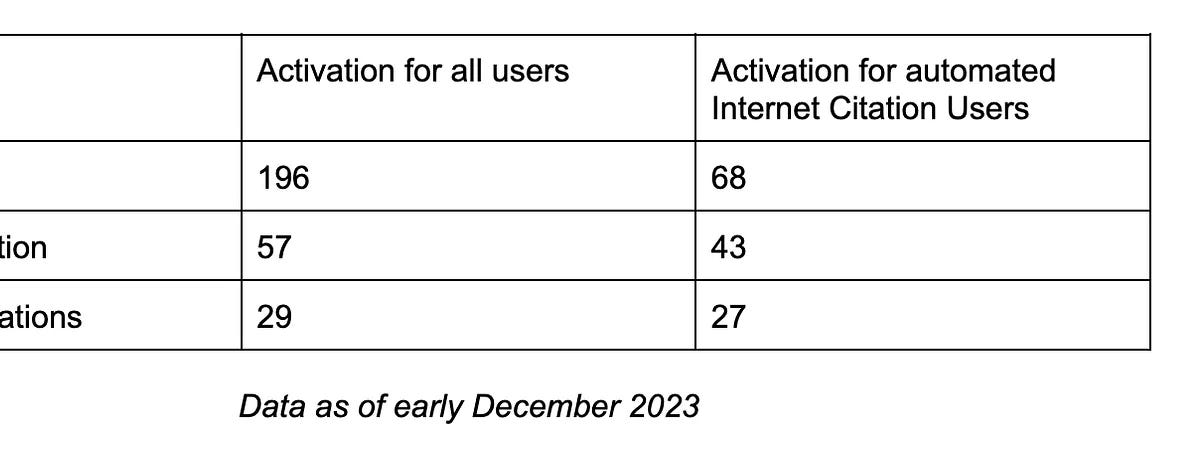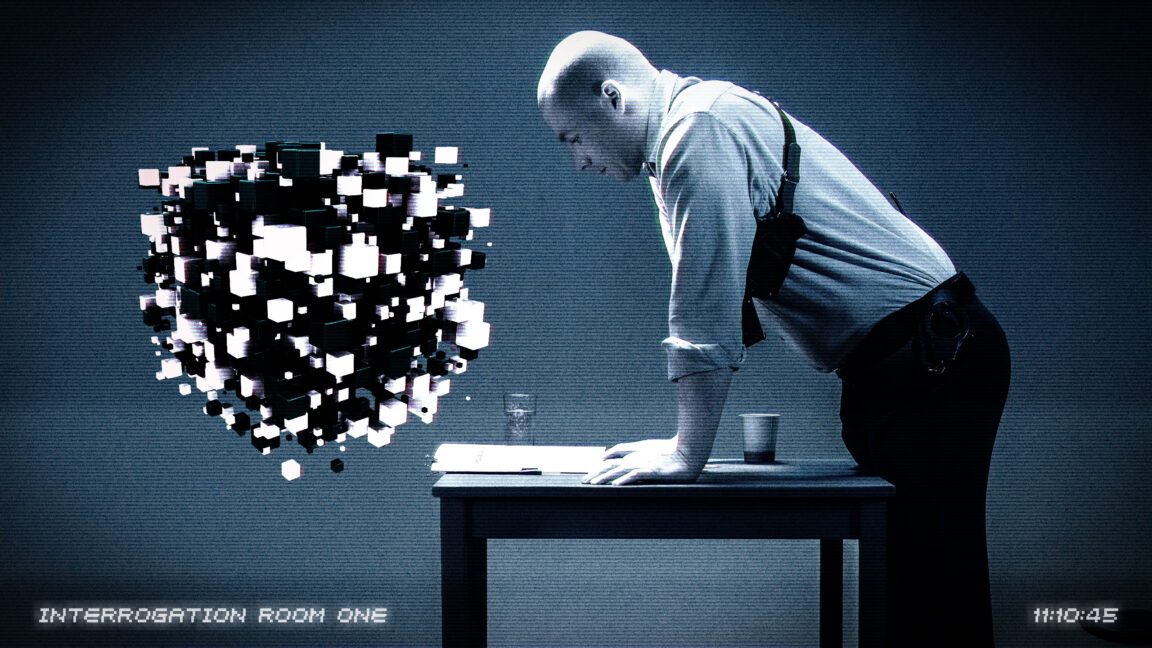
The Battle Line at Louvain (1914) - by Jørgen Veisdal
I’ve written before about the book burning ceremonies ( “bücherverbrennung”) that the Nazi Party arranged in 1933 following their seizure of power and passing of the Berufsbeamtengesetz (“Law for the Restoration of the Professsional Civil Service”) dismissing public servants from German Universities (see essay below).
In that context, book burnings functioned as an overt, public and aggressive rejection of ideas considered sympathetic with socio-democratic, intellectual, left-leaning, and/or “Jewish values”. In addition, of course, the campaigns also served as mechanisms for the promulgation of censorship and suppression, including of free speech and the dissemination of knowledge. The latter, partly in order to promote a nationalistic alternative to theoretical physics later known as “German” physics (read: Deutsche Physik).
Interestingly, Deutsche Physik — which by the 1930s had grown to be overtly anti-semitic — had its origins not in anti-semitism but in anti- anglocentrism 1 some 20 years prior. Indeed, the origins of Deutsche Physik can be traced back to war atrocities committed by German soldiers during World War I, and the public denial of those acts by 93 prominent but misled German intellectuals (12 of whom were already Nobel laureates, two of whom later would be and six of whom were Jewish or of Jewish descent).















/cdn.vox-cdn.com/uploads/chorus_asset/file/24016886/STK093_Google_03.jpg)



